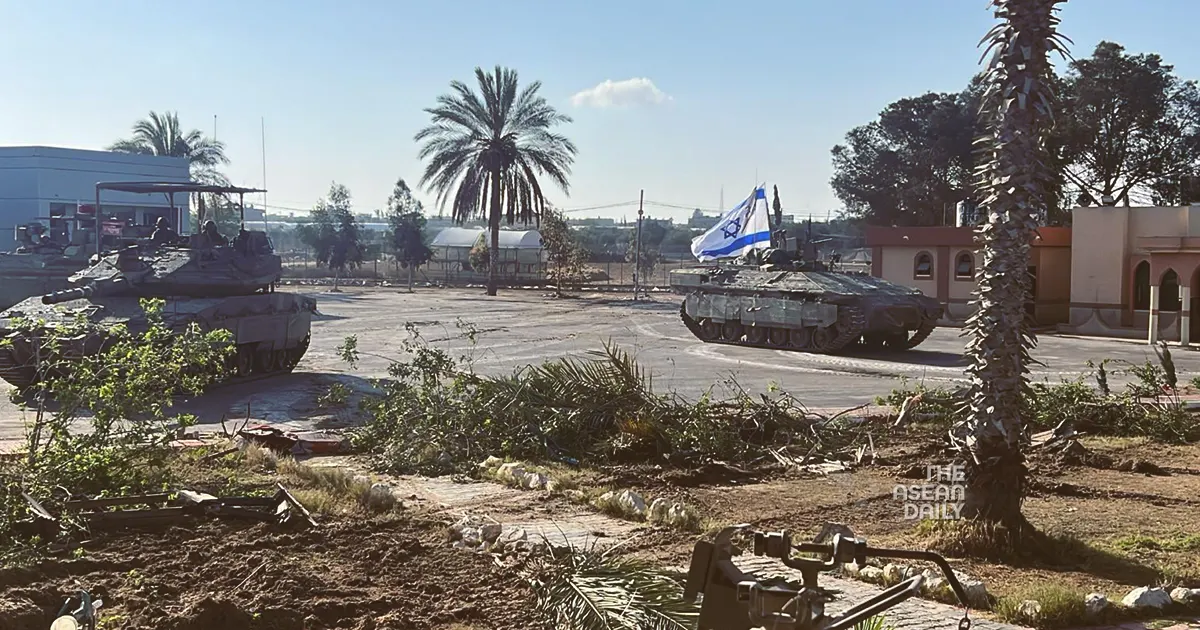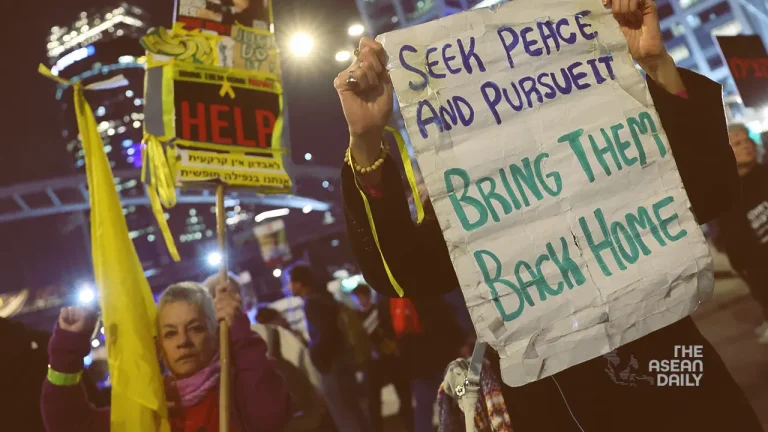16-1-2025 (TEL AVIV) A landmark ceasefire agreement for Gaza is poised to take effect on 19 January, marking a potential turning point in the devastating 15-month conflict that has claimed tens of thousands of lives and destabilised the Middle East, negotiators announced yesterday.
The comprehensive deal, brokered through intense diplomatic efforts in Doha, outlines a six-week initial cessation of hostilities and envisions a gradual withdrawal of Israeli forces from the Gaza Strip. A key component involves the exchange of hostages held by Hamas for Palestinian prisoners detained by Israel.
Qatari Prime Minister Sheikh Mohammed bin Abdulrahman Al Thani, speaking at a press conference in Doha, confirmed the ceasefire’s start date as negotiators finalise implementation details with both parties.
Israel and Hamas have agreed to a ceasefire in Gaza, Qatar’s PM Sheikh Mohammed bin Abdulrahman bin Jassim Al Thani announced. pic.twitter.com/Xm5uZXbUAu
— Al Jazeera English (@AJEnglish) January 15, 2025
The announcement sparked celebrations in Gaza’s streets, where residents have endured severe shortages of basic necessities. “These are tears of joy,” said Ghada, a displaced mother of five, amidst crowds waving Palestinian flags in Khan Younis.
The first phase of the agreement includes the release of 33 Israeli hostages – primarily women, children, and men over 50 – including two American citizens. However, Israeli airstrikes continued yesterday evening, with medical sources reporting at least 32 casualties in Gaza City and northern areas.

The accord faces several hurdles before implementation, including required approval from Israel’s security Cabinet and government, with votes scheduled for today. Some hardliners within Prime Minister Benjamin Netanyahu’s coalition, including Finance Minister Bezalel Smotrich, have voiced opposition.
The agreement arrives at a critical juncture, with Gaza’s health ministry reporting over 46,000 deaths since the conflict began. The territory’s infrastructure lies in ruins, with most of its 2.3 million pre-war population displaced.
United Nations Secretary-General Antonio Guterres emphasised the urgency of addressing the humanitarian crisis, as both the UN and International Committee of the Red Cross prepare to dramatically increase aid operations.

The conflict erupted after Hamas militants breached Israeli security barriers on 7 October 2023, resulting in 1,200 Israeli casualties and the taking of over 250 hostages. Israel’s subsequent military response has transformed much of Gaza into rubble.
Looking ahead, significant challenges remain, including determining Gaza’s future governance and security arrangements. Israel opposes both Hamas’s continued presence and Palestinian Authority involvement, leaving questions about post-war administration unresolved.
The agreement’s success could help stabilise regional tensions that have sparked violence across the Israeli-occupied West Bank, Lebanon, Syria, Yemen, and Iraq, whilst potentially averting wider conflict between Israel and Iran.




